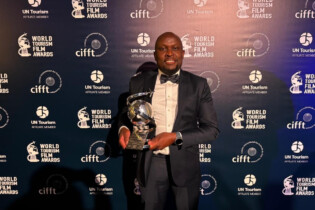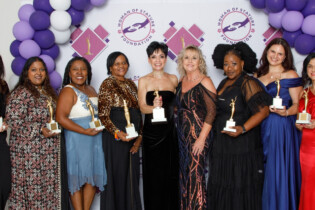In the event management industry ethical behaviour is the key, says Helen Brewer.
There are levels and degrees of ethical behaviour and, depending on the circumstances, we’ve all been tempted at one time or another to push the envelope to a questionable point. There’s the saying: ‘everyone has their price.’Some people confuse ethics with clever tactics tantamount to sleight of hand practices. It’s therefore important to pinpoint what actually constitutes a professional MICE individual.
Dissecting the MICE Market
Many opportunities exist within the industry for questionable antics, primarily due to a lack of controls, monitoring and decisive disciplinary procedures.
Going into 2013, the manner in which MICE business is practiced will most likely take even more strain as suppliers and services compete on an uneven playing field. The unevenness stems from a shrinking market of smaller bottom-line profits. The role of the independent organiser has become – in real terms – any supplier or service to the MICE Buyer. Travel, tour and destination management companies, with the bulk of profit emanating from the peripheral MICE expenditure, such as accommodation, transport as well as food and beverage will ‘tag on’ the MICE organising tasks as a percentage of the MICE spend.
This percentage isn’t accurately pre-determined, including the time factors which can prove significant as well as the required expertise that accompany tasks. The percentage of a budgeted bottom line is, in many instances, whittled down from double digits to as low as 5% or less by the client.
How to be a MICE professional:
Presentation of a dynamic portfolio
Whether employed or independent, the same practices should apply, with documented proof of past and ongoing achievements. As an employer or business owner, the difference is the depth of company structure. The portfolio should include: client type, tasks undertaken per client and ongoing CPD points with authentic compliance certificates and an independent source of reference checks.
By appointment every time
Never show up unannounced at a venue. Being professional means providing all parties with the opportunity to prepare. Equally, professionals need to be advised the expectations of an appointment in order to ensure that the requirements are met.
Essential communication methods
Invitations should be responded to whether accepted or apologies put forward. Basic etiquette must prevail wherever possible. As a professional you should always spare more than a thought for the logistical arrangements. Being remembered for the wrong reasons is not good for a reputation. Similarly, avoid misinformation by using words and phrases that may be construed in a negative context. The same applies when submitting or receiving a proposal – a short note of confirmed receipt is a simple. Keeping in touch is the professional key going forward.
Appearance and attire
Look the part and a professional will be the part. In the service industry where everyone and anyone may be a potential client, it’s essential to dress respectfully. There are times when dressing up is not possible. In this instance, a word of regret for one’s attire at the start of the meeting will show that respect hasn’t been overlooked.
Financial charge and fee structures
Proposals commence with a synopsis of the actual brief. The tasks to be undertaken should be itemised and briefly detailed as to what the MICE company will be carrying out, according to the requirements provided. Indicate the importance of certain tasks as a benefit towards fulfilling or enhancing the client’s requirements. Ensure the fee structure is in keeping with the tasks and add value as a uniqueness of the MICE company, at no extra charge. If your company accepts commissions it’s important to declare the terms on which the commissions may apply.
Be a proud MICE industry player with confidence in your knowledge and experience as a practicing MICE professional.






